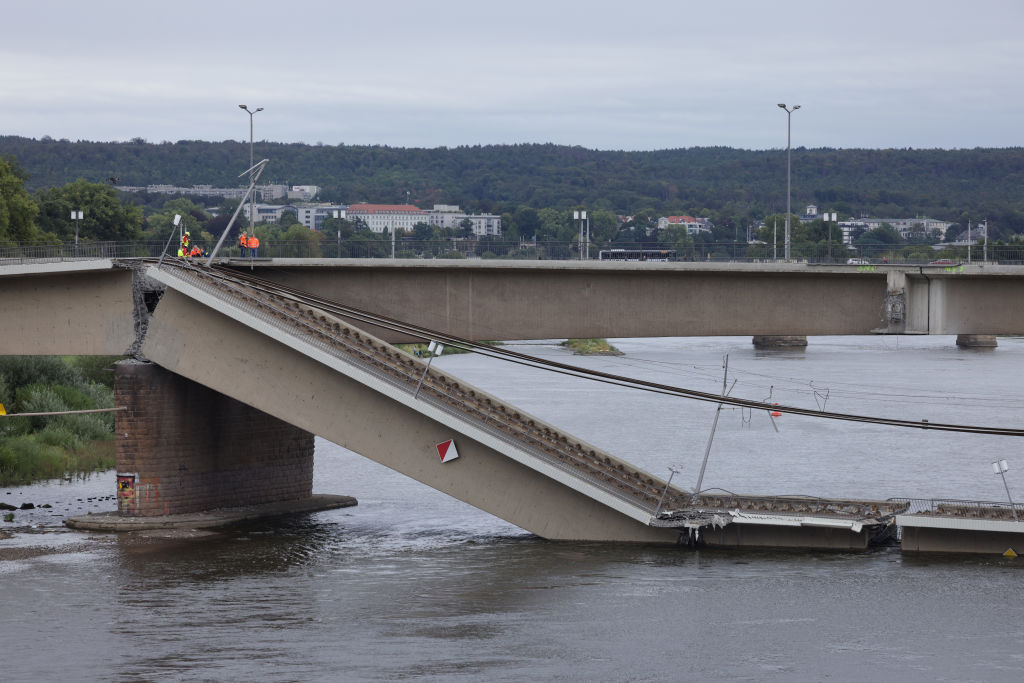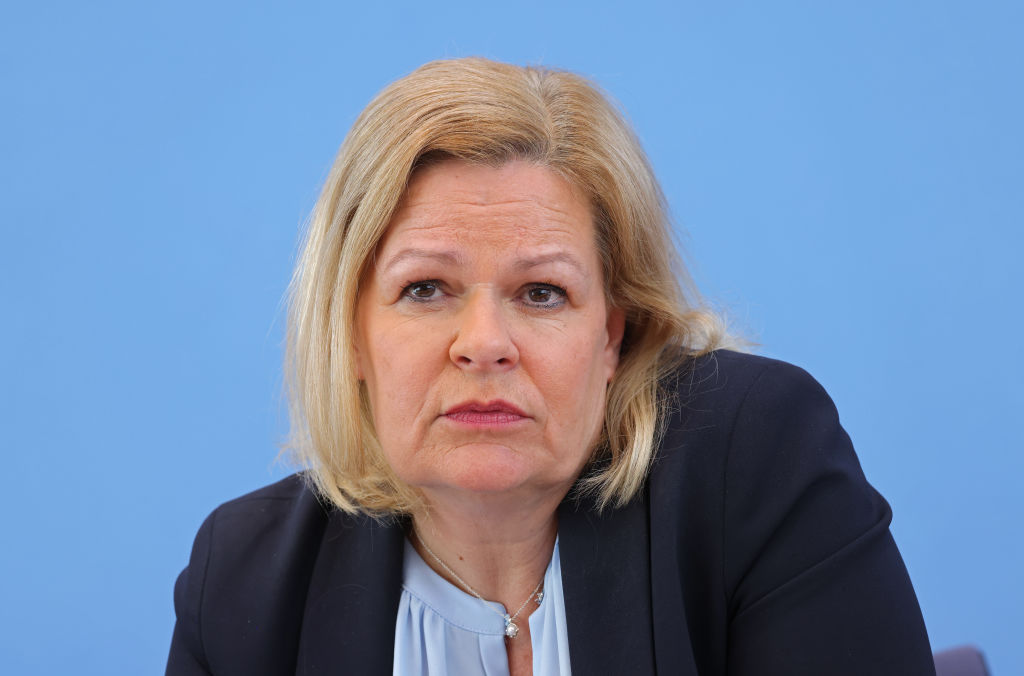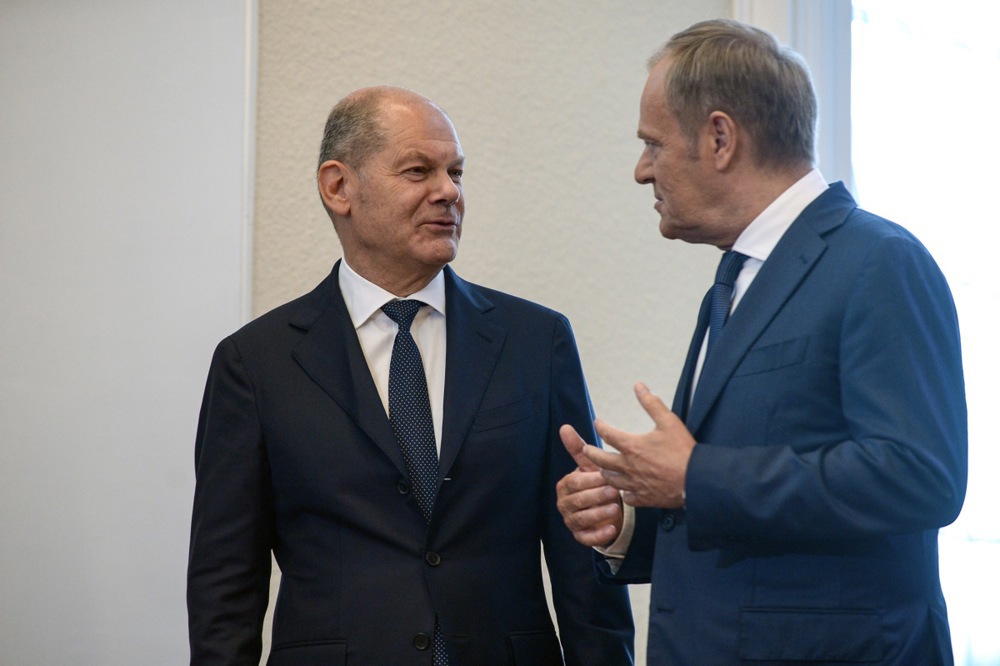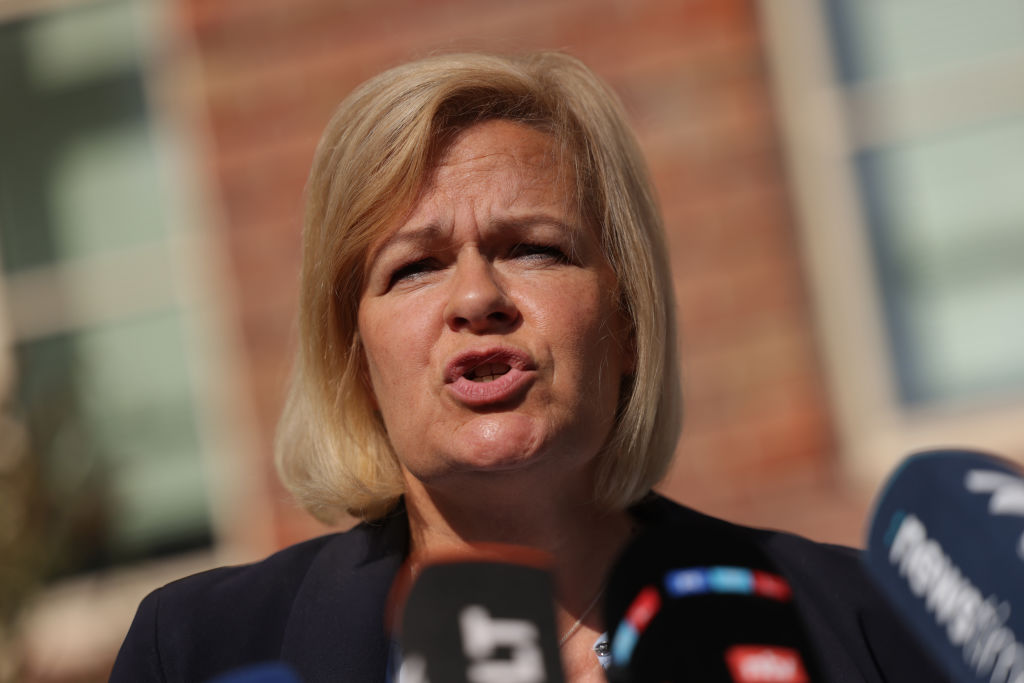Germany has introduced new controls along its borders with Belgium, Luxembourg, the Netherlands and Denmark.
In the early hours of September 16, the Federal Police established fixed control points on several motorways and started checking the vehicles of people crossing into German territory.
Similar controls have been in place for around 11 months at the country’s borders with Poland, the Czech Republic and Switzerland and, following the Olympic Games in Paris, on the border with France.
Since 2015 they have also been in force on the border with Austria.
Interior minister Nancy Faeser (SPD) had ordered recently that the controls should be expanded to cover all German borders. This measure, designed to last for at least six months, should help combat “irregular migration”, Faeser said in a statement on September 15th.
The latest decision came in the wake of an Islamist terror attack allegedly by a Syrian asylum seeker in Solingen (North Rhine-Westphalia) where three people were stabbed to death at a “festival of diversity” on August 23.
There are doubts about the efficacy of the newly introduced controls. The police were said to not be searching all vehicles, rather carrying out random spot checks. “We are trying to minimise the disturbances for cross-border traffic,” a Federal Police spokesman said. As of the first 15 hours of operation, no serious traffic jams were reported along Germany’s western borders.
Despite the move, asylum seekers cannot be turned away at the border – so-called “pushbacks” – unless they are already registered as asylum seekers in another European Union member state.
Politicians from Germany’s Conservative Christian Democratic Union and Christian Social Union parties had demanded the government introduce such pushbacks as an emergency measure at a migration summit in Berlin on September 10. The ruling coalition of Social Democratic Party, Greens and Liberal Democrats (FDP) turned down the request, prompting the CDU to abandon the talks.
Many commentators have claimed the new border controls were ineffective. The right-wing Alternative for Germany party (AfD) called the measures “voter fraud”.
Stefan Seidler, a Danish-German politician of the South Schleswig Voters’ Association (SSW), the party representing the interests of the Danish and Frisian minority populations in Germany in the German Parliament, called the controls disproportionate and “a dip into the populist bag of tricks”.
Seit heute gibt es wieder #Grenzkontrollen – auch an der deutsch-dänischen #Grenze. Im gestrigen Bericht aus Berlin hört ihr meine deutliche Kritik an @NancyFaeser Abschottungspolitik.@ARD_BaB #SSW pic.twitter.com/id5N1abgub
— Stefan Seidler (@stefan_seidler) September 16, 2024
Matthias Goldmann, professor for international studies at EBS university in Hesse (Germany), called the border controls a “placebo”.
Grenzkontrollen sind ein Placebo. Sie führen nur zu Ausweichbewegungen. Außerdem gefährden sie den europäischen Zusammenhalt, der für viel wichtigere Aufgaben wie Industriepolitik und Klimaschutz dringend gebraucht wird. #DraghiReport https://t.co/YHfZ0C2tBw
— Matthias Goldmann (@MattHGoldmann) September 11, 2024
Germany’s neighbours are said to be equally dissatisfied. Polish Prime Minister Donald Tusk called the plan unacceptable. Austrian interior minister Gerald Karner said his country would not take back any people turned away at the German border.
In April this year Faeser had claimed the border controls already in place then had prevented 17,600 illegal entries into Germany and led to the arrests of 708 human traffickers.
In the first three months of 2024, more than 71,000 people had already applied for asylum in Germany.





